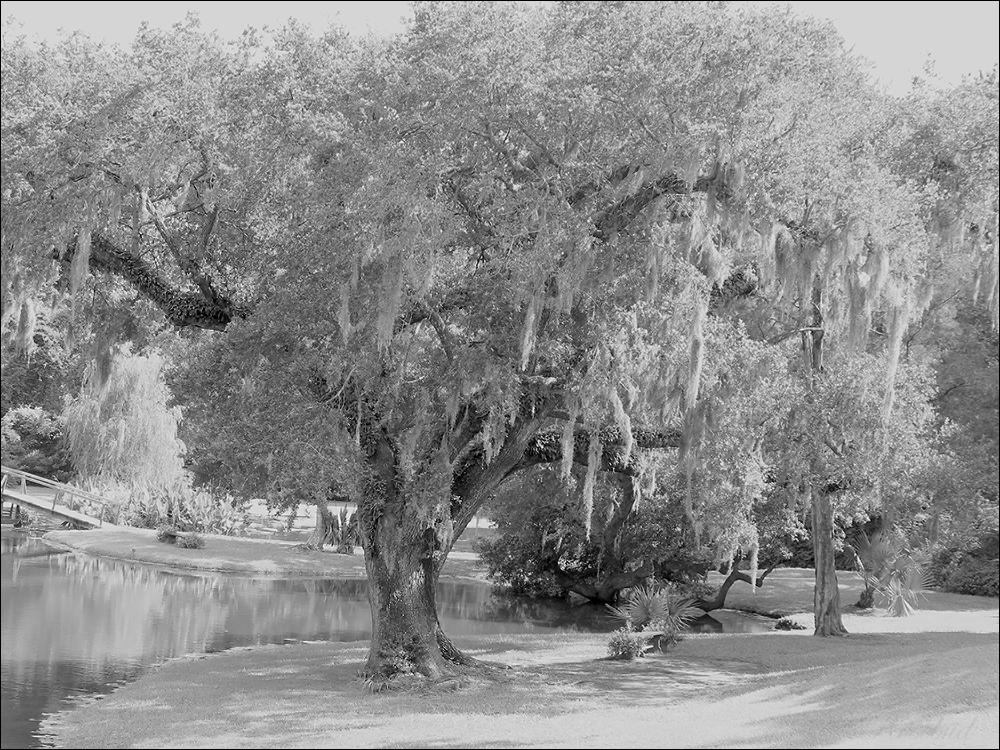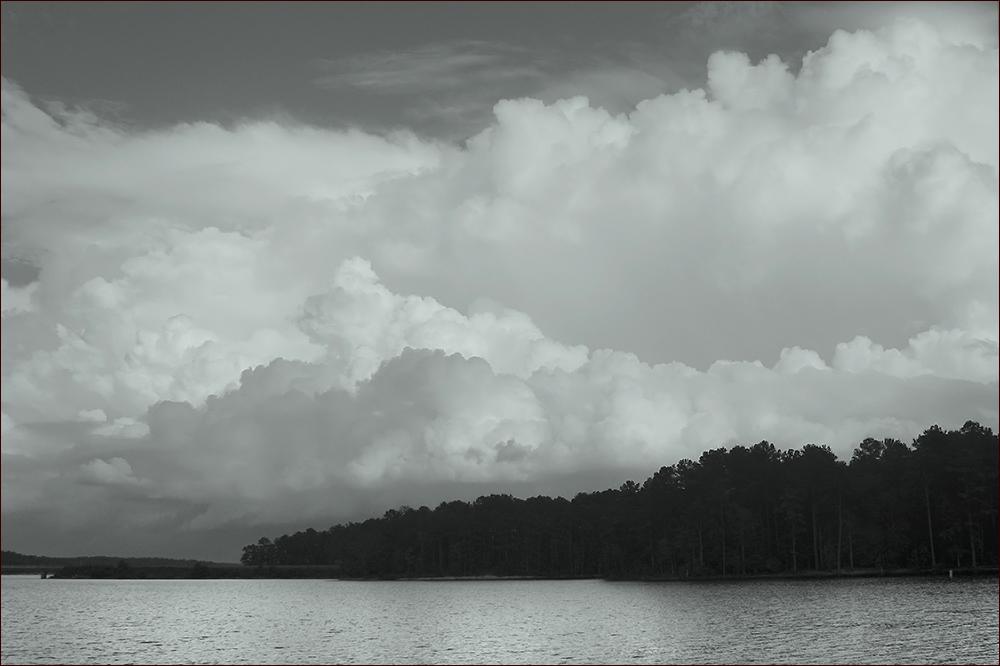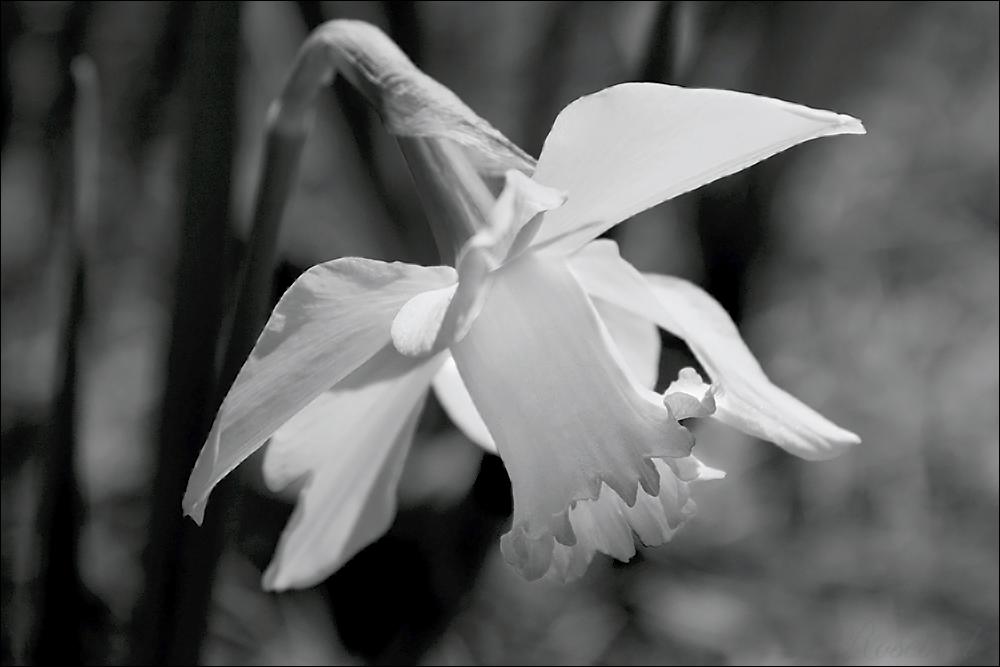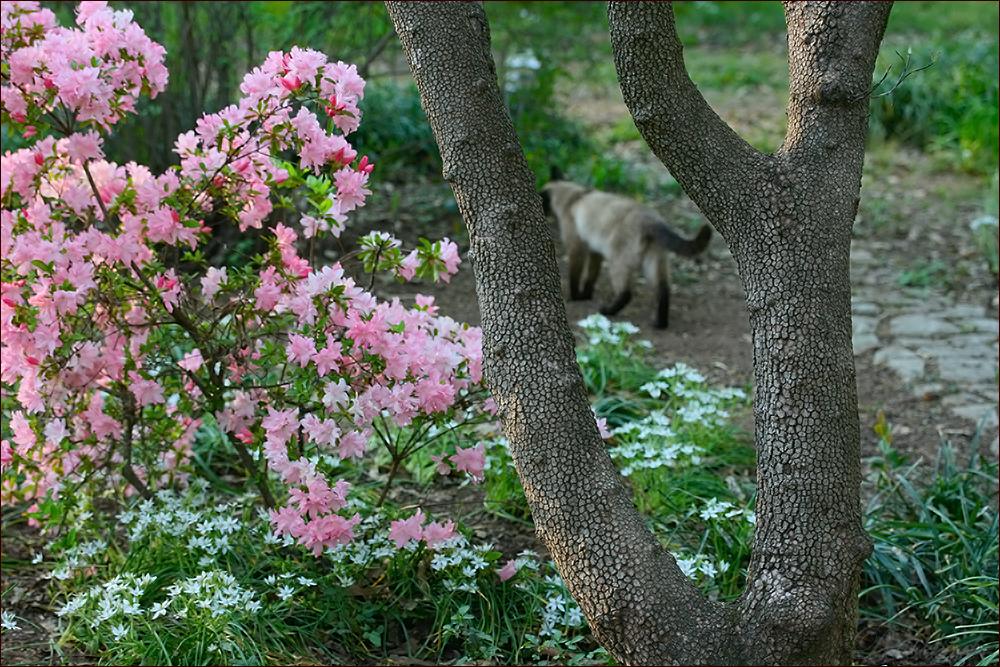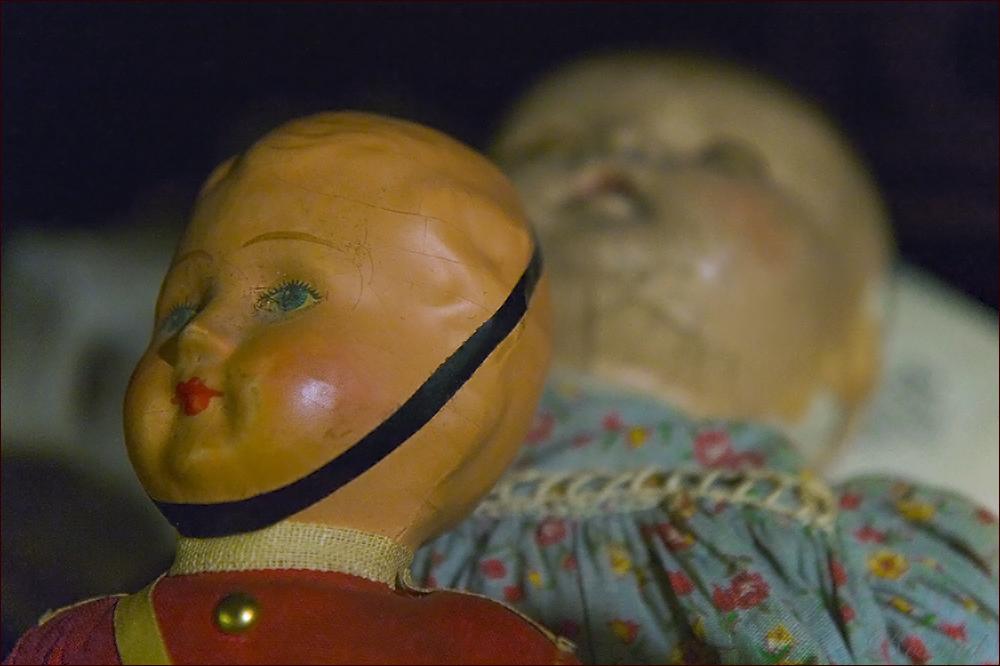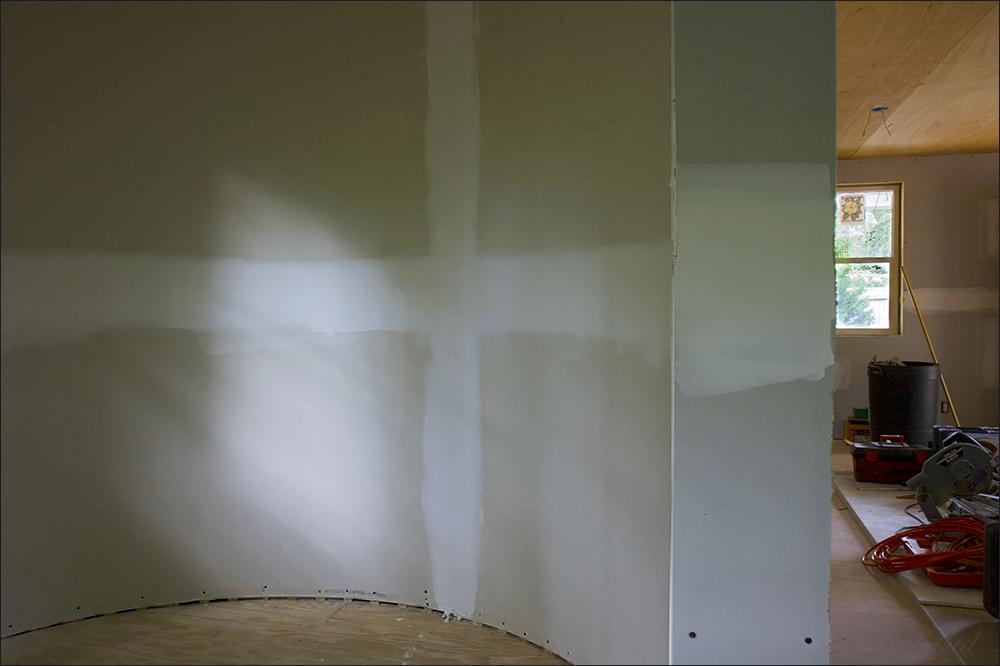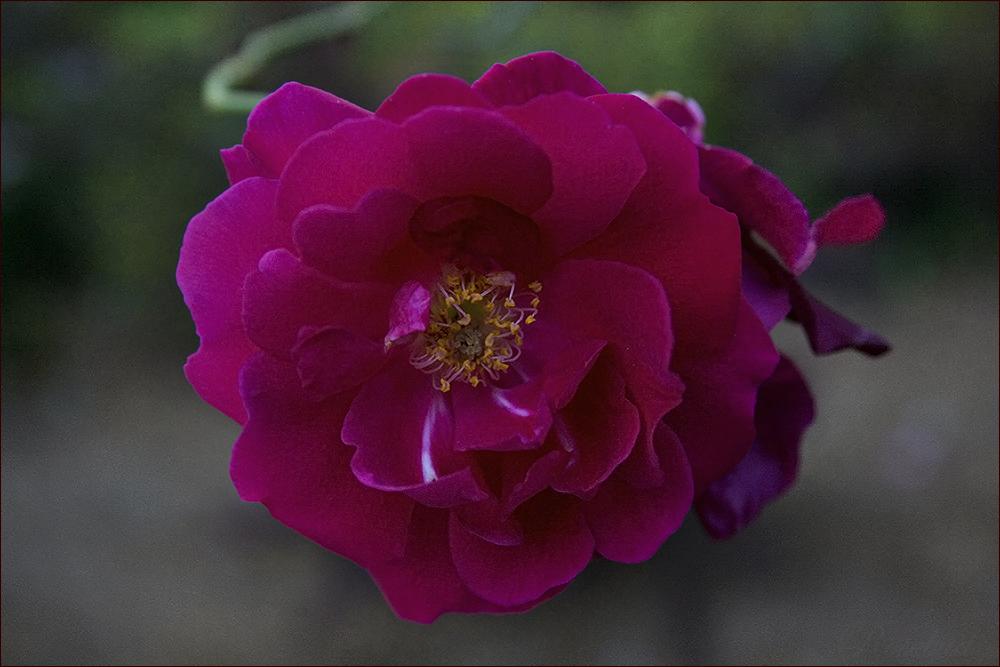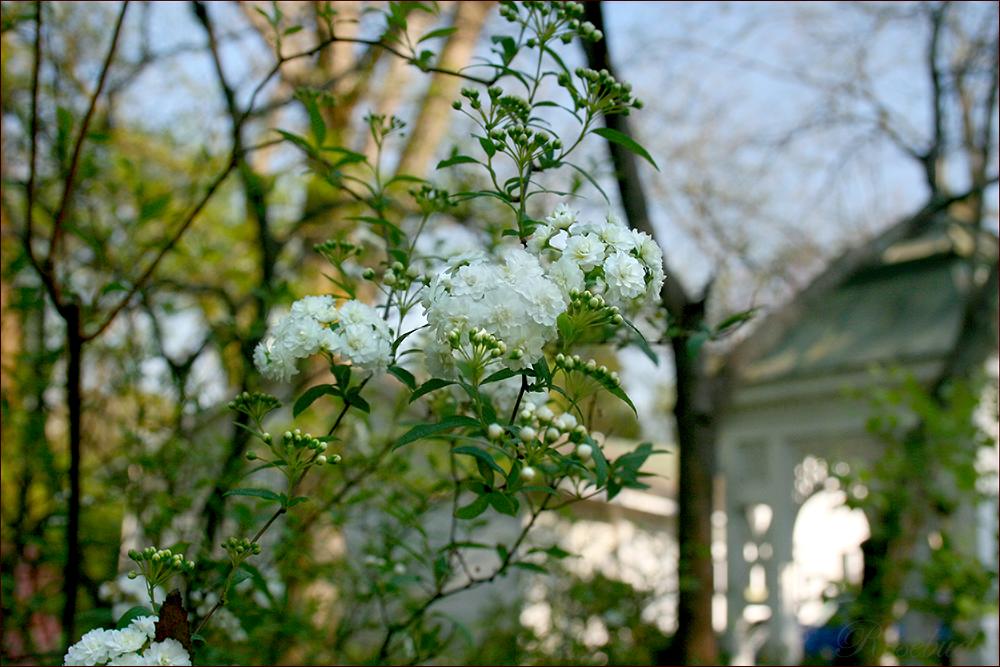Ich habe einmal in der Sowjetunion mit einem Mönch gesprochen und ihn gefragt, wie man sich als Komponist bessern könne. Er antwortete mir, er wisse dafür keine Lösung. Ich erzählte ihm, daß ich auch Gebete schriebe, Musik zu Gebeten oder Psalmtexten, und daß dies mir als Komponist vielleicht helfen könne. Darauf sagte er: "Nein, du irrst dich. Alle Gebete sind schon geschrieben. Du brauchst keine mehr zu schreiben. Das ist alles vorbereitet. Jetzt mußt du dich vorbereiten." Ich glaube, darin steckt eine Wahrheit. Wir müssen damit rechnen, daß unsere Lieder eines Tages ein Ende nehmen. Vielleicht kommt auch für den größten Künstler ein Moment, in dem er nicht mehr Kunst machen will oder muß. Und vielleicht schätzen wir sein Schaffen gerade dann noch höher ein; weil es diesen Augenblick gegeben hat, in dem er über sein Werk hinausgelangt ist.
In the Soviet Union once, I spoke with a monk and asked him how, as a composer, one can improve oneself. He answered me by saying that he knew of no solution. I told him that I also wrote prayers, and set prayers and the texts of psalms to music, and that perhaps this would be of help to me as a composer. To this he said, "No, you are wrong. All the prayers have already been written. You don’t need to write any more. Everything has been prepared. Now you have to prepare yourself." I believe there’s a truth in that. We must count on the fact that our music will come to an end one day. Perhaps there will come a moment, even for the greatest artist, when he will no longer want to or have to make art. And perhaps at that very moment we will value his creation even more — because in this instant he will have transcended his work.
-- Arvo Pärt, quoted by Wolfgang Sandner in the liner notes for Tabula Rasa
Tr. Anne Cattaneo
Cantus in Memory of Benjamin Britten
Tabula Rasa
Friday, May 30
threshold
Posted by
rb
at
5/30/2008
![]()
Thursday, May 29
home
This is the most beautiful place on earth.
There are many such places. Every man, every woman, carries in heart and mind the image of the ideal place, the right place, the one true home, known or unknown, actual or visionary. A houseboat in Kashmir, a view down Atlantic Avenue in Brooklyn, a gray gothic farmhouse two stories high at the end of a red dog road in the Allegheny Mountains, a cabin on the shore of a blue lake in spruce and fir country, a greasy alley near the Hoboken waterfront, or even, possibly, for those of a less demanding sensibility, the world to be seen from a comfortable apartment high in the tender, velvety smog of Manhattan, Chicago, Paris, Tokyo, Rio or Rome—there's no limit to the human capacity for the homing sentiment. Theologians, sky pilots, astronauts have even felt the appeal of home calling to them from up above, in the cold black outback of interstellar space.
-- Edward Abbey Desert Solitaire
Posted by
rb
at
5/29/2008
![]()
Sunday, May 25
an innocence of eye
But the extraordinary deep-red rose at the moment of perfect bloom, the monarch butterfly emerging wet and sparkling from the chrysalis into the full light, the indigo bunting streaking in utter, iridescent cobalt toward the feeder, bluer than anything else in the world—these arrest our attention and refresh our sensations. They remind us of the dearness even of things that don't appear extraordinary, but also, like all the rest of these things, pass quickly or are already unrecoverable at the very moment we have them. People such as birdwatchers or flower connoisseurs can even devote lives to the mere prospect of seeing such things, which, in turn, can have the paradoxical effect of wearing out our palates even for the extraordinary. The search for extraordinary objects is a quest for innocence: not really for the flower's innocence, but an innocence of eye that beholds them, the desire to draw something pure from the well of perception.
-- Crispin Sartwell Six Names of Beauty
Posted by
rb
at
5/25/2008
![]()
Wednesday, May 21
Having a Coke with You
(via Tom Myron)
is even more fun than going to San Sebastian, Irún, Hendaye, Biarritz, Bayonne
or being sick to my stomach on the Travesera de Gracia in Barcelona
partly because in your orange shirt you look like a better happier St. Sebastian
partly because of my love for you, partly because of your love for yoghurt
partly because of the fluorescent orange tulips around the birches
partly because of the secrecy our smiles take on before people and statuary
it is hard to believe when I’m with you that there can be anything as still
as solemn as unpleasantly definitive as statuary when right in front of it
in the warm New York 4 o’clock light we are drifting back and forth
between each other like a tree breathing through its spectacles
and the portrait show seems to have no faces in it at all, just paint
you suddenly wonder why in the world anyone ever did them
I look
at you and I would rather look at you than all the portraits in the world
except possibly for the Polish Rider occasionally and anyway it’s in the Frick
which thank heavens you haven’t gone to yet so we can go together the first time
and the fact that you move so beautifully more or less takes care of Futurism
just as at home I never think of the Nude Descending a Staircase or
at a rehearsal a single drawing of Leonardo or Michelangelo that used to wow me
and what good does all the research of the Impressionists do them
when they never got the right person to stand near the tree when the sun sank
or for that matter Marino Marini when he didn’t pick the rider as carefully
as the horse
it seems they were all cheated of some marvellous experience
which is not going to go wasted on me which is why I’m telling you about it
-- Frank O'Hara
Frank O'Hara
Posted by
rb
at
5/21/2008
![]()
Tuesday, May 20
the whole range
It is therefore to be expected of the poet that he will resort to mythology in order to give his experience its most fitting expression. It would be a serious mistake to suppose that he works with materials received at secondhand. The primordial experience is the source of his creativeness; it cannot be fathomed, and therefore requires mythological imagery to give it form. In itself it offers no words or images, for it is a vision seen "as in a glass, darkly." It is merely a deep presentiment that strives to find expression. It is like a whirlwind that seizes everything within reach and, by carrying it aloft, assumes a visible shape. Since the particular expression can never exhaust the possibilities of the vision, but falls far short of it in richness of content, the poet must have at his disposal a huge store of materials if he is to communicate even a few of his intimations. What is more, he must resort to an imagery that is difficult to handle and full of contradictions in order to express the weird paradoxicality of his vision. Dante's presentiments are clothed in images that run the gamut of Heaven and Hell; Goethe must bring in the Blocksberg and the infernal regions of Greek antiquity; Wagner needs the whole body of Nordic myth; Nietzsche returns to the hieratic style and recreates the legendary seer of prehistoric times; Blake invents for himself indescribable figures, and Spitteler borrows old names for new creatures of the imagination. And no intermediate step is missing in the whole range from the ineffably sublime to the perversely grotesque.
-- Carl Gustav Jung Modern Man in Search of a Soul
Tr. W.S. Dell and Cary F. Baynes
Posted by
rb
at
5/20/2008
![]()
Saturday, May 17
the place where you go to listen

image: www.johnlutheradams.com
As she listened, she came to hear the breath of each place—how the snow falls here, how the ice melts—how, when everything is still—the air breathes. The drums of her ears throbbed with the heartbeat of this place, a particular rhythm that can be heard in no other place. (read more)
-- John Luther Adams The Place Where You Go to Listen
"At the Museum of the North, on the grounds of the University of Alaska in Fairbanks, the composer John Luther Adams has created a sound-and-light installation called The Place Where You Go to Listen—a kind of infinite musical work that is controlled by natural events occurring in real time. The title refers to Naalagiagvik, a place on the coast of the Arctic Ocean where, according to legend, a spiritually attuned Inupiaq woman went to hear the voices of birds, whales, and unseen things around her. In keeping with that magical idea, the mechanism of The Place translates raw data into music: information from seismological, meteorological, and geomagnetic stations in various parts of Alaska is fed into a computer and transformed into an intricate, vibrantly colored field of electronic sound. "(read more)
-- Alex Ross on the composer John Luther Adams "Letter from Alaska: Song of the Earth" The New Yorker May 12 2008
Michael Barthel finds it natural to mention Alex Ross, John Luther Adams, and Jonathan Richman in the same deep breath, for which I salute him more than I already do: read how on clapclap
Listen to a fascinating podcast from The Library Channel with John Luther Adams: Episode 43- Sonic Geography (32:00)
John Luther Adams Website
Posted by
rb
at
5/17/2008
![]()
Wednesday, May 14
a continuous noise
If there is no continuity what is there? There is nothing. One is afraid to be nothing. Nothing means not a thing—nothing put together by thought, nothing put together by memory, remembrances, nothing that you can put into words and then measure. There is most certainly, definitely, an area where the past doesn't cast a shadow, where time, the past or the future or the present, has no meaning. We have always tried to measure with words something that we don't know. What we do not know we try to understand and give it words and make it into a continuous noise. And so we clog our brain which is already clogged with past events, experiences, knowledge. We think knowledge is psychologically of great importance, but it is not. You can't ascend through knowledge; there must be an end to knowledge for the new to be. New is a word for something which has never been before. And that area cannot be understood or grasped by words or symbols: it is there beyond all remembrances.
-- J. Krishnamurti Krishnamurti to Himself
Posted by
rb
at
5/14/2008
![]()
Tuesday, May 13
a delicate thing
Ah, sister! Desolation is a delicate thing:
It walks not on the earth, it floats not on the air,
But treads with lulling footstep, and fans with silent wing
The tender hopes which in their hearts the best and gentlest bear;
Who, soothed to false repose by the fanning plumes above
And the music-stirring motion of its soft and busy feet,
Dream visions of aëreal joy, and call the monster, Love,
And wake, and find the shadow Pain, as he whom now we greet.
-- Percy Bysshe Shelley Prometheus Unbound
Prometheus Unbound
Posted by
rb
at
5/13/2008
![]()
Sunday, May 11
clearances
She taught me what her uncle once taught her:
How easily the biggest coal block split
If you got the grain and hammer angled right.
The sound of that relaxed alluring blow,
Its co-opted and obliterated echo,
Taught me to hit, taught me to loosen,
Taught me between the hammer and the block
To face the music. Teach me now to listen,
To strike it rich behind the linear black.
V
The cool that came off sheets just off the line
Made me think the damp must still be in them
But when I took my corners of the linen
And pulled against her, first straight down the hem
and then diagonally, then flapped and shook
The fabric like a sail in a cross-wind,
They made a dried-out undulating thwack.
So we'd stretch and fold and end up hand to hand
For a split second as if nothing had happened
For nothing had that had not always happened
Beforehand, day by day, just touch and go,
Coming close again by holding back
In moves where I was X and she was O
Inscribed in sheets she'd sewn from ripped-out flour sacks.
-- Seamus Heaney, lines from "Clearances"
"Clearances"
Posted by
rb
at
5/11/2008
![]()
Saturday, May 10
Poetics
I look for the way
things will turn
out spiralling from a center,
the shape
things will take to come forth in
so that the birch tree white
touched black at branches
will stand out
wind-glittering
totally its apparent self:
I look for the forms
things want to come as
from what black wells of possibility,
how a thing will
unfold:
not the shape on paper — though
that, too — but the
uninterfering means on paper:
not so much looking for the shape
as being available
to any shape that may be
summoning itself
through me
from the self not mine but ours.
-- A.R. Ammons
Posted by
rb
at
5/10/2008
![]()
Thursday, May 8
Wednesday, May 7
they don't know what they feel
In moonlight who can tell
shepherdess from swan?
The shadows blur to one
grand wash. A grayish hill
flattens out within
the false proscenium
of elms. And now the spell
has fallen on the stunned
party. Revels done,
the costumes start to pale,
their hushed glimpses of skin
cool, shrink, and dim.
Is this antique style
so easily undone?
The nice distinctions
of each chosen role
are fading. Peasant, queen,
and gameskeeper have no station.
Smiles turn vague, eyes dull,
their hinting half-forgotten
or lost behind a fan.
Time stills. Old masks reveal
new ones. The hollow strum
of the lute disturbs them.
They don't know what they feel,
or if this is a scene
on stage, or if that fountain
sobbing with a will
so clear among the stones
it seems almost to shine
in ecstasy distills
everything they sense.
Their lives are painted on
a landscape. Light is still,
souls invisible.
-- Don Bogen, lines from "The Known World" The Known World
The Known World
Posted by
rb
at
5/07/2008
![]()
Monday, May 5
from a ring imperceptibly small
The life of man is a self-evolving circle, which, from a ring imperceptibly small, rushes on all sides outwards to new and larger circles, and that without end. The extent to which this generation of circles, wheel without wheel, will go, depends on the force or truth of the individual soul. For it is the inert effort of each thought, having formed itself into a circular wave of circumstance, —as, for instance, an empire, rules of an art, a local usage, a religious rite, —to heap itself on that ridge, and to solidify and hem in the life. But if the soul is quick and strong, it bursts over that boundary on all sides, and expands another orbit on the great deep, which also runs up into a high wave, with attempt again to stop and to bind. But the heart refuses to be imprisoned; in its first and narrowest pulses, it already tends outward with a vast force, and to immense and innumerable expansions.
-- Ralph Waldo Emerson Circles
Circles
Posted by
rb
at
5/05/2008
![]()
Sunday, May 4
a light made fast
Since Beginning
itself begins the one death one is
born toward
and will not bear,
the light was
again at once
closed over. Closed over at
once in the opening was every
other look
the skin might have had.
When cleared of that first
flutter across it was the newly
brought-to-light skin,
the shift to its
second light had been
too quick to see.
In the run at once
into it and then
on,
the first could not now be gone
back to.
Back would from then on have to be
a light made fast.
-- James McMichael, lines from "Back" in Capacity
About Capacity
Posted by
rb
at
5/04/2008
![]()
Friday, May 2

Il Camion (The Truck) by Albert Alcalay
You paint and paint and paint, and eventually there comes a time when the painting looks back at you and says, "Hey, this is you!"
-- Albert Alcalay (1917-2008), quoted in Harvard Gazette
Albert Alcalay at Kantar Fine Arts
obituary
Posted by
rb
at
5/02/2008
![]()
